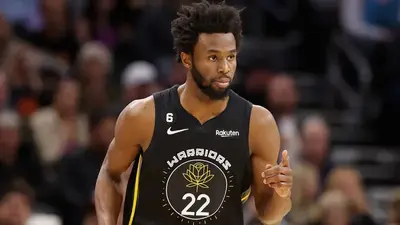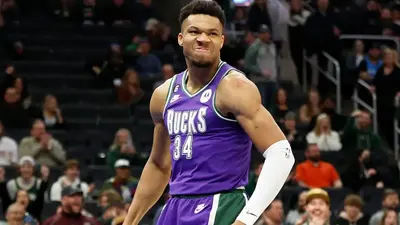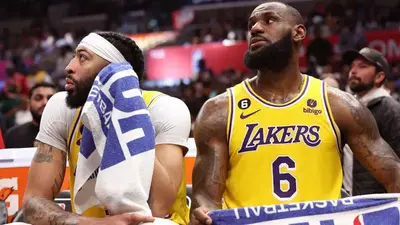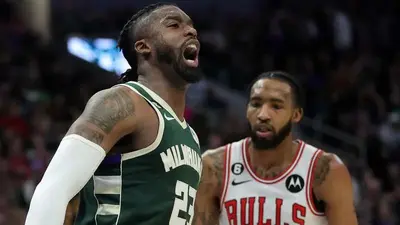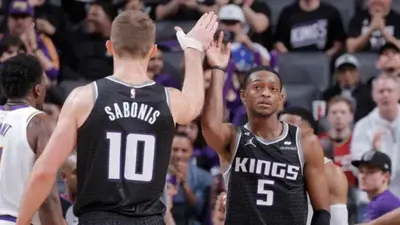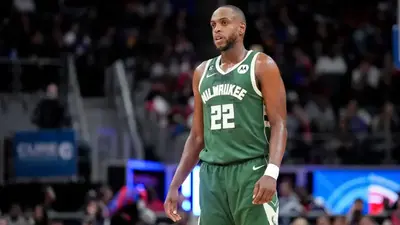NBA
Bradley Beal says he had no viable landing spots in free agency, but that ignores the reality of star movement
Bradley Beal was remarkably honest about his decision to re-sign with the Washington Wizards on the No Chill with Gilbert Arenas Podcast. "There were no teams in the market, free-agency-wise," he said. "I'm just being frank. There was nowhere else for me to go where I can be like, 'Oh, I can go win.' It was teams that strategically wasn't what I wanted." Rarely will a player be so frank about a contractual decision. According to Beal, he re-signed with the Wizards on a five-year, $251 million contract because there simply weren't other viable landing spots with the cap space to pay him what Washington did.
Of course, this is something of an oversimplification. If Beal is speaking strictly about teams with cap space, he is correct. There were no immediate championship contenders with the money to sign him outright. The teams with cap space last offseason were largely younger ones on the rise like Indiana, Detroit and San Antonio. Portland theoretically could have created significant space, but that would've meant not making the Jerami Grant trade or keeping their own free agents. With a young scoring guard in Anfernee Simons already giving them a reasonable Beal impersonation, they likely lacked the motivation to seriously pursue Beal.
But the idea that Beal had no other possible landing spots based on the fact that there wasn't cap space on the market suggests that cap space is an essential part of the free-agent process. At least as far as stars are concerned, it really isn't. The last decade or so of NBA History has taught us that players can find a way to almost any team if both sides want it badly enough.

CBS Sports HQ Newsletter
Your Ultimate Guide to Every Day in Sports
We bring sports news that matters to your inbox, to help you stay informed and get a winning edge.
Thanks for signing up!
Keep an eye on your inbox.
Sorry!
There was an error processing your subscription.
Consider the case of Jimmy Butler. When he was a free agent in 2019, the Heat weren't just over the cap, they were deep into the luxury tax. They couldn't sign him outright, and a sign-and-trade felt impossible because adding another max contract with the specter of the hard cap would've meant shaving tens of millions of dollars off of their cap sheet. Well, what did the Heat do? They shaved tens of millions of dollars off of their cap sheet. They managed to offload Hassan Whiteside to Portland for Meyers Leonard and Moe Harkless, and then flipped Harkless to the Clippers to get rid of his salary. Finally, they sent Josh Richardson to Philadelphia to land Butler, just barely squeezing under the sign-and-trade-induced hard cap at the apron.
This required sacrifice on both ends. Butler was only able to get a four-year deal through a sign-and-trade. Beal, by re-signing in Washington, managed to secure a five-year commitment. The Heat had to give up players and draft picks to make the Butler acquisition possible. It's unclear how committed any contenders were to giving up the sort of assets it would have taken to make Beal a financial possibility. It's also unclear if he would have been willing to sacrifice the fifth year on his contract, or any dollars below his max salary, to accommodate a new team.
So technically, Beal is correct. There was not a readymade contender with cap space for him to join. But if he'd wanted to join a winner badly enough, it would have been possible. Instead, he got the most money he could possibly make by staying in Washington, and if he does want to be traded to a winner down the line, he can control that process through his no-trade clause. All in all, that's not the worst possible consolation prize.
-
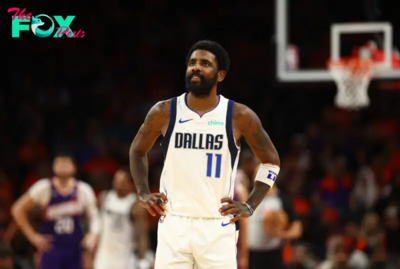
 NBA12m ago
NBA12m agoDenver Nuggets vs Dallas Mavericks Prediction 11-22-24 NBA Picks
-
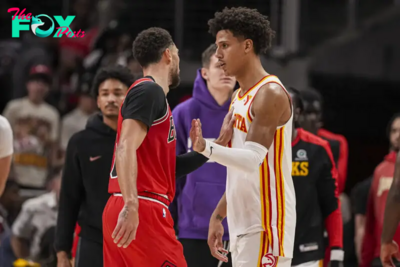
 NBA12m ago
NBA12m agoChicago Bulls vs Atlanta Hawks Prediction 11-22-24 NBA Picks
-
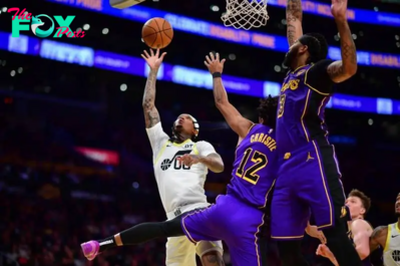
 NBA1h ago
NBA1h agoLos Angeles Lakers vs. Orlando Magic odds, tips and betting trends | November 21, 2024
-
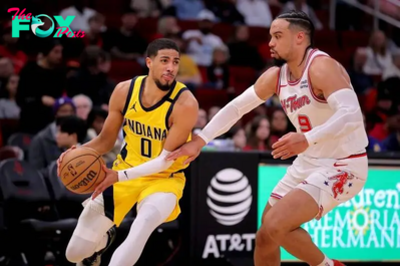
 NBA1h ago
NBA1h agoIndiana Pacers at Houston Rockets odds, picks and predictions
-
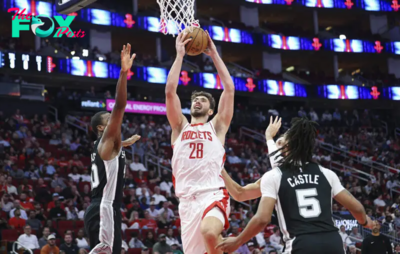
 NBA5h ago
NBA5h agoHouston Rockets vs Portland Trail Blazers Prediction 11-22-24 NBA Picks
-
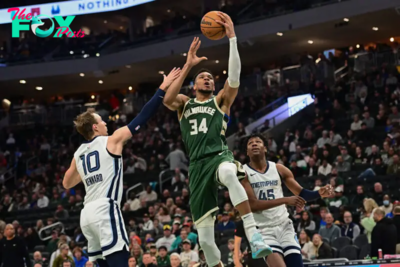
 NBA5h ago
NBA5h agoMilwaukee Bucks vs Indiana Pacers Prediction 11-22-24 NBA Picks
-
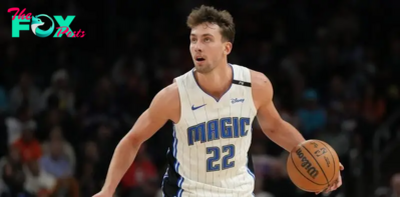
 NBA6h ago
NBA6h agoOrlando Magic at LA Clippers odds, picks and predictions
-
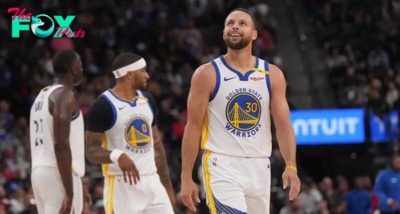
 NBA6h ago
NBA6h agoAtlanta Hawks at Golden State Warriors odds, picks and predictions
